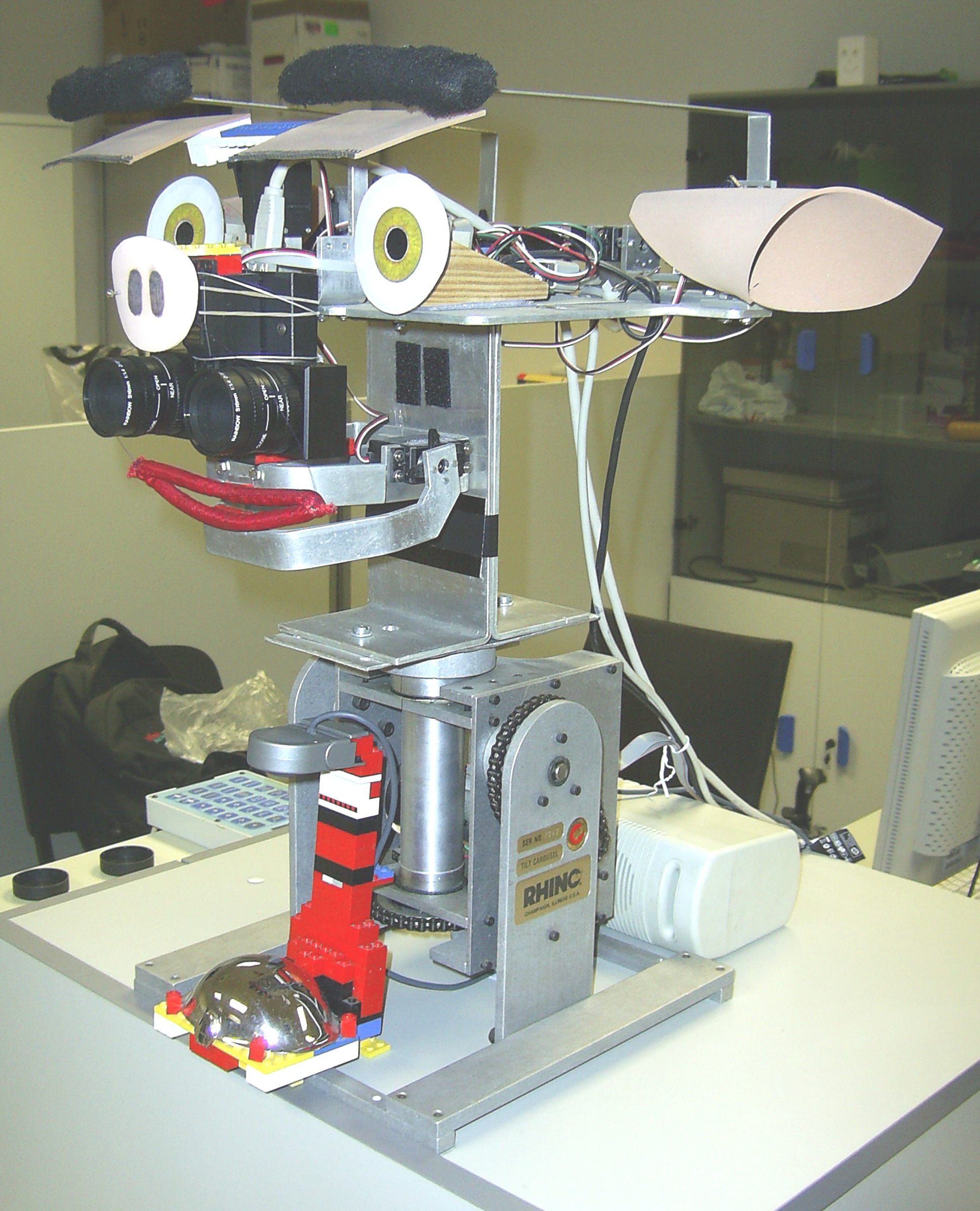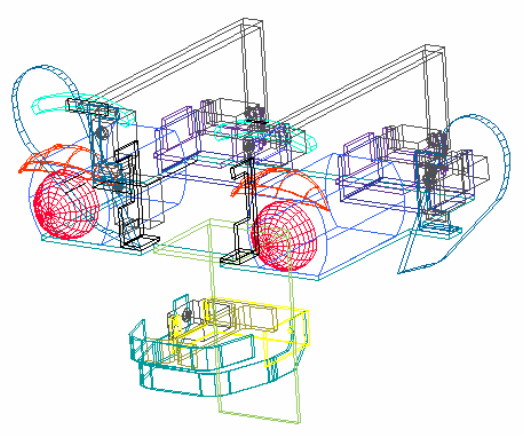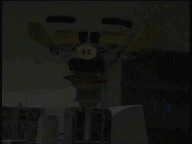CASIMIRO: AN ENGINEERING APPROACH TO SOCIABLE ROBOTS
Oscar Deniz Suarez
Universidad de Las Palmas de Gran Canaria



| Ver esto en Español | |||
CASIMIRO: AN ENGINEERING APPROACH TO SOCIABLE ROBOTSOscar Deniz Suarez Universidad de Las Palmas de Gran Canaria |


|

|
|
| PhD
Document (7.5 MB) Short version in Spanish (5.9 MB) EURON Robot of the Week In ABC newspaper (in Spanish) In La Provincia newspaper (in Spanish) Video of the robot (14MB) |
 |